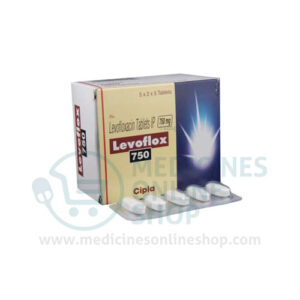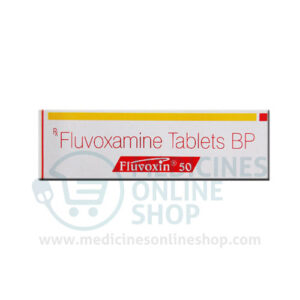Levofloxacin Information
Pronunciation
lee voe FLOKS a sin
What is this drug used for?
• It is used to treat bacterial infections.
Frequently reported side effects of this drug
• Constipation
• Nausea
• Diarrhea
Other side effects of this drug: Talk with your doctor right away if you have any of these signs of:
• Kidney problems like unable to pass urine, blood in the urine, change in amount of urine passed, or weight gain.
• Stevens-Johnson syndrome/toxic epidermal necrolysis like red, swollen, blistered, or peeling skin (with or without fever); red or irritated eyes; or sores in mouth, throat, nose, or eyes.
• Tendon inflammation or rupture like pain, bruising, or swelling in the back of the ankle, shoulder, hand, or other joints.
• Depression like thoughts of suicide, anxiety, emotional instability, or confusion.
• Liver problems like dark urine, fatigue, lack of appetite, nausea, abdominal pain, light-colored stools, vomiting, or yellow skin.
• High blood sugar like confusion, fatigue, increased thirst, increased hunger, passing a lot of urine, flushing, fast breathing, or breath that smells like fruit.
• Low blood sugar like dizziness, headache, fatigue, feeling weak, shaking, fast heartbeat, confusion, increased hunger, or sweating.
• Noise or ringing in the ears
• Chest pain
• Fast heartbeat
• Abnormal heartbeat
• Passing out
• Dizziness
• Severe loss of strength and energy
• Muscle pain
• Muscle weakness
• Difficulty focusing
• Trouble with memory
• Trouble sleeping
• Agitation
• Restlessness
• Vision changes
• Sensing things that seem real but are not
• Anxiety
• Nightmares
• Confusion
• Behavioral changes
• Mood changes
• Seizures
• Severe headache
• Shortness of breath
• Bruising
• Bleeding
• Tremors
• Abnormal gait
• Vaginal pain, itching, and discharge
• Thrush
• Chills
• Severe or persistent abdominal pain
• Severe or persistent chest pain
• Severe or persistent back pain
• Nerve problems like sensitivity to heat or cold; decreased sense of touch; burning, numbness, or tingling; pain, or weakness in the arms, hands, legs, or feet.
• Clostridioides (formerly Clostridium) difficile-associated diarrhea like abdominal pain or cramps, severe diarrhea or watery stools, or bloody stools.
• Signs of a significant reaction like wheezing; chest tightness; fever; itching; bad cough; blue skin color; seizures; or swelling of face, lips, tongue, or throat.
Medication Safety Issues
Sound-alike/look-alike issues:
Levaquin may be confused with Levoxyl, Levsin/SL, Lovenox
LevoFLOXacin may be confused with levETIRAcetam, levodopa, Levophed, levothyroxine
International issues:
Levaquin [Argentina, Brazil, US, Venezuela] may be confused with Lariam brand name for mefloquine [multiple international markets]
Storage and Stability
Solution for injection:
Vial: Store at room temperature. Protect from light. Diluted solution (5 mg/mL) is stable in NS, D5W, D5NS, D5LR, D51/2NS with 20 mEq/L KCl, Plasma-Lyte 56 in D5, or sodium lactate for 72 hours when stored at room temperature; stable for 14 days when stored under refrigeration. When frozen, stable for 6 months; do not refreeze. Do not thaw in microwave or by bath immersion.
Premixed: Store at ≤25°C (77°F); do not freeze. Brief exposure to 40°C (104°F) does not adversely affect the product. Protect from light.
Tablet, oral solution: Store at 25°C (77°F); excursions permitted to 15°C to 30°C (59°F to 86°F).
Adverse Reactions
Cardiovascular: Chest pain, edema
Central nervous system: Dizziness, headache, insomnia
Dermatologic: Pruritus, skin rash
Gastrointestinal: Abdominal pain, constipation, diarrhea, dyspepsia, nausea, vomiting
Genitourinary: Vaginitis
Infection: Candidiasis
Local: Injection site reaction
Respiratory: Dyspnea




